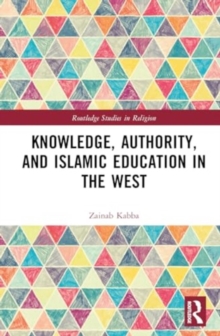
Gender Inequality in the Ordained Ministry of the Church of England : Examining Conservative Male Clergy Responses to Women Priests and Bishops PDF
by Alex D.J. Fry
Part of the Routledge Studies in Religion series
Description
This book offers a fresh social scientific analysis of how theologically conservative male clergy respond to the ordination of women to the priesthood and their consecration as bishops within the Church of England. The question of women's place in the formal structures of England's Established Church remains contested. For many, to prevent women from occupying such offices is often understood to be a matter of inequality, whereas those who oppose their ordination see it as a matter of obedience to God's will. Tensions have become heightened in a culture that increasingly promotes the rights of individuals who have historically been marginalised and that challenges traditional social roles. This volume explores the gender attitudes held by clergy in the Anglo-Catholic and evangelical traditions of the Church and considers how these gender attitudes shape the way they think about women's ordination and how they interact with female colleagues. It also considers the contribution of a range of social phenomena to the formation of these gender attitudes. The author draws on and develops a variety of sociological and psychological theories that help to explain the processes that lead to the formation of clergy attitudes towards gender more broadly.
Information
-
Download - Immediately Available
- Format:PDF
- Pages:244 pages
- Publisher:Taylor & Francis
- Publication Date:14/09/2023
- Category:
- ISBN:9781000965445
Other Formats
- EPUB from £35.99
- Hardback from £135.00
Information
-
Download - Immediately Available
- Format:PDF
- Pages:244 pages
- Publisher:Taylor & Francis
- Publication Date:14/09/2023
- Category:
- ISBN:9781000965445










